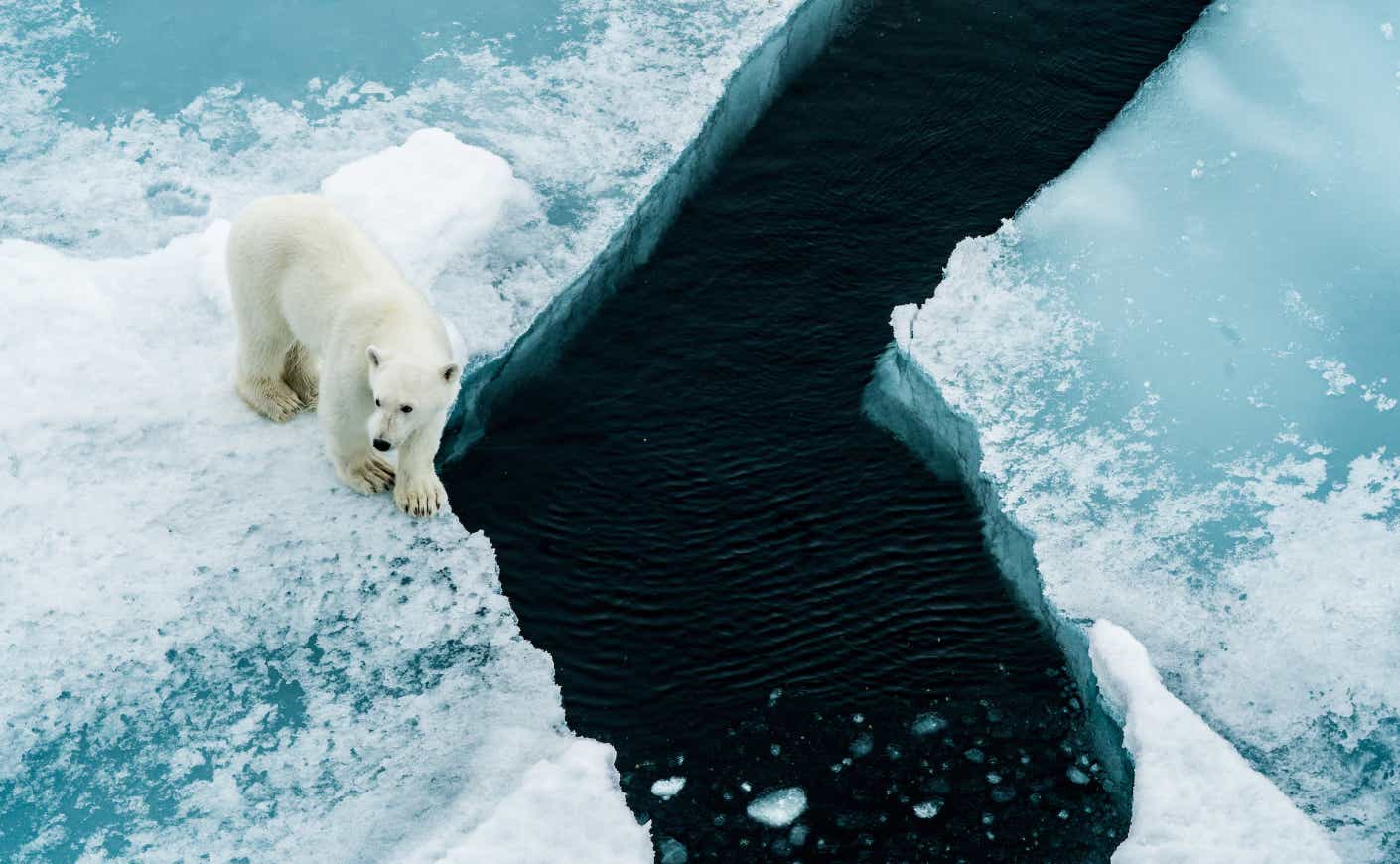June was World Ocean Month, and all eyes in our community were on one event: the third UN Ocean Conference (UNOC3), hosted in Nice, France. For months leading up to it, hopes were high. These global gatherings are viewed as pivotal moments for progress — when governments are expected to present concrete commitments, NGOs unite in a shared call for action, and the collective efforts of ocean advocates are put to the test. It’s a chance to see whether the movement is truly making waves.
There was certainly no shortage of government announcements at the event: Several countries promised to ratify the High Seas Treaty soon. French Polynesia pledged to create the world’s largest marine protected area. A 37-country coalition was formed to tackle underwater noise pollution. In total, more than 800 voluntary commitments were made. But that’s the problem: These commitments are voluntary, and only time will tell if they turn into action. While leaders are applauded on the main stage, the reality behind the scenes often tells a different story.
This isn’t just a UNOC3 problem — it’s a trend across all major environmental meetings. The Kunming-Montreal Global Biodiversity Framework set a goal to protect 30 percent of the planet — including land and ocean — by 2030. But here we are in 2025, and only about 8 percent of the ocean is officially protected. Even that number is misleading: most of these areas exist only on paper, with little oversight or enforcement. In reality, just 3 percent of the ocean is fully protected — meaning destructive activities are restricted, and protections are actively monitored and enforced.
Take the Paris Agreement, for example — which the U.S. withdrew from earlier this year under President Trump. This legally binding agreement aims to limit global warming to well below 2°C from pre-industrial levels, ideally 1.5°C or less. We’re already hitting 1.5°C with no sign of slowing down, and governments are still issuing new fossil fuel licenses. Each time a promise is broken without consequence, the weight of future commitments grows lighter, making them more likely to be left unfulfilled.

We need to call this what it is: greenwashing. Governments and corporations use environmental buzzwords and big announcements to distract from inaction. It’s popular, politically safe, and gives the illusion of progress.
France, for example, has positioned itself as a champion for the ocean. However, while President Macron delivered the opening speech at UNOC3, calling for a global moratorium on deep-sea mining, his government continued to allow bottom trawling in France’s marine protected areas. After public pressure earlier this year, France announced a trawling ban in certain areas at UNOC3, but upon closer inspection, trawling never occurred in those areas to begin with. France gets the praise, but nothing actually changes. It’s a perfect example of performative leadership that we’re seeing more and more of at these global meetings.
Even within the ocean community, there’s a problem: These events often feel like echo chambers. Most of the people at these events aren’t the ones who need convincing. We walk away inspired, surrounded by like-minded people and convinced we’re gaining momentum. But outside the conference walls, the rest of the world carries on, largely unaware and unaffected.
So how do we escape the echo chamber? How do we expose greenwashing? How do we hold governments accountable for the promises they make? We may not have all the answers, but that doesn’t mean solutions are out of reach. Perhaps the first step is simply asking these difficult questions out loud. Have we built a system that truly delivers change, or one that celebrates promises while forgetting about the outcomes?

This is not an argument to stop having these meetings, and it is certainly not a rejection of the environmental movement. These summits do matter; they provide a rare space for people to have their voices heard, to generate momentum, and to bring issues to the forefront. There are still many promises that are kept.
Progress is made at every conference, and off-the-record conversations often lead to powerful relationships and friendships. We are, after all, a huge international family working on the many aspects of this complex, important issue. Without these global meetings, there would be far less hope.
We don’t need perfection. But we do need transparency, accountability, and the courage to ask for more.
Paul Nicklen and Cristina Mittermeier co-founded SeaLegacy in 2014. SeaLegacy’s mission is to inspire people to fall in love with the ocean, amplify a network of changemakers around the world, and catalyze hands-on diplomacy through hopeful, world-class visual storytelling. For more updates on their meaningful work, learn more about SeaLegacy, and subscribe to Ripple Effect, Katie Couric Media’s sustainability newsletter.









